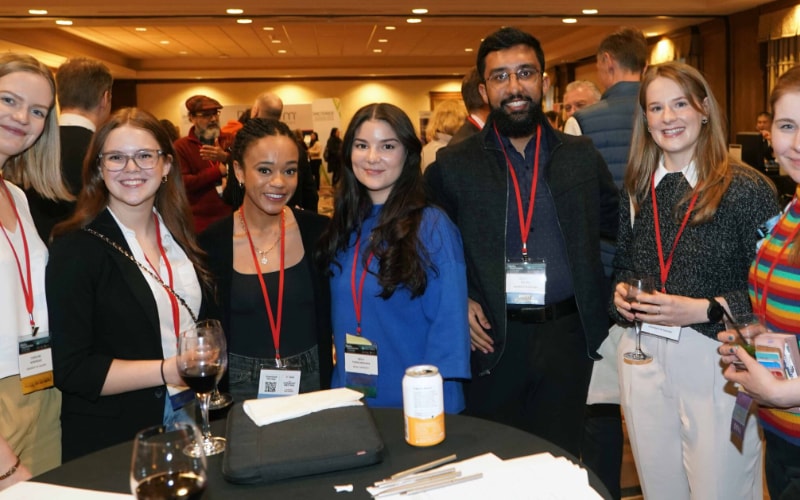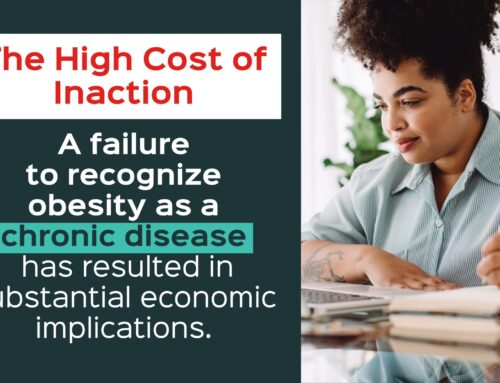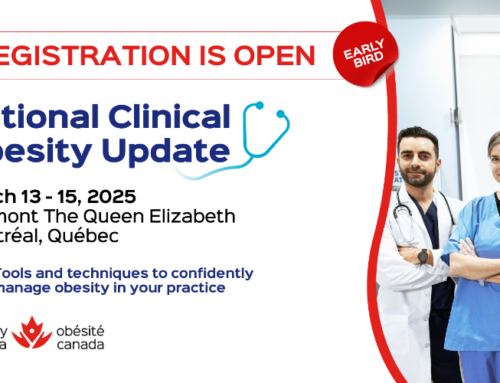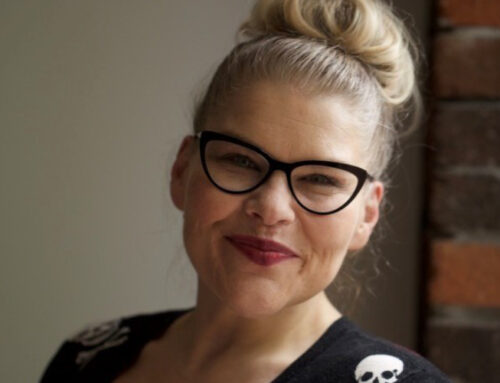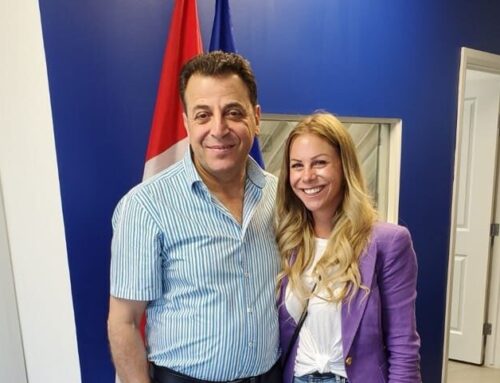This blog was written by Master’s student and recipient of one of the New Investigator Research Training Travel Awards to attend the Obesity & Hypertension In Canada: Science To Solutions Conference, Jordyn Cox.
As a first-year master’s student working in the realm of healthcare research, attending the Obesity and Hypertension Canada Conference was an enlightening and enriching experience. The opportunity to mingle with accomplished researchers and industry leaders not only broadened my perspective but also served as a significant motivator, reminding me of the ongoing work in this crucial field.
The conference was a bustling hub of ideas where experts shared insights into the latest research and strategies for combating obesity and hypertension. As a young researcher, every session opened new avenues of knowledge and collaboration and it was invigorating to see the passion and dedication with which every presenter delivered their work.
However, the most profound impact that I took away from the conference was the patient advocates who attended and spoke about their experiences. Hearing first hand from individuals living with obesity helped to put into perspective just how important the work is that we do and HOW it directly impacts patients. The stories these individuals told help researchers to understand that obesity is not merely a medical challenge but instead a part of the human experience, filled with its complexities and nuances.
One story, in particular, touched me deeply—Candace’s journey with obesity and pregnancy. I had the privilege of sharing a symposium session with her, where she spoke candidly about the challenges and societal stigmas she faced. Candace’s resilience and her willingness to share her story with a room full of strangers was not only brave but incredibly impactful. It brought to life the statistics that we, as researchers, often discuss in abstract terms.
Candace discussed the physical and emotional hurdles of navigating pregnancy amid societal judgments and medical complications associated with obesity. Her story underscored the necessity of integrating patient experiences into the fabric of our research, reminding everyone present that behind every case study and every data point is a human life, rich with stories that deserve to be heard and understood. This encounter has emphasized the need for a holistic approach to my own research that not only addresses the physiological aspects of obesity but also considers the mental and emotional toll it takes on individuals. Engaging with patients and incorporating their voices into research designs not only enriches the data but also aligns scientific inquiry with the real-world impacts it aims to mitigate.
As I continue my journey in this field, I carry with me the lessons learned from this conference, especially the powerful insights shared by Candace and other advocates. Their stories are now a constant reminder of the real stakes involved in our research and the lives we aim to improve through our work in obesity and hypertension.
The Obesity and Hypertension Canada Conference was more than just a professional gathering; it was a poignant reminder of why we do what we do. The blend of academic rigor and personal stories like Candace’s provided a well-rounded narrative that not only educates but also inspires. Here’s to more learning, understanding, and making a difference, one story at a time.

